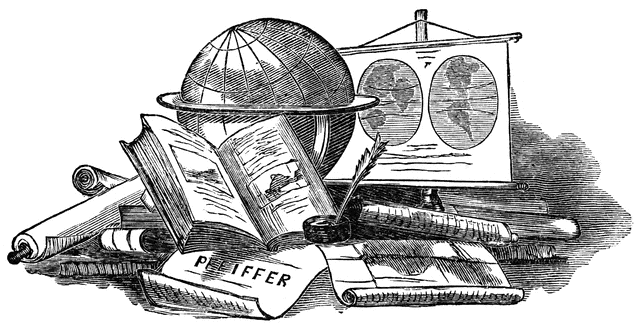

Astrometry – study of the position of objects in the sky and their changes of position.Theoretical astronomy – mathematical modelling of celestial entities and phenomena.Techniques used in astronomical research:.Forensic astronomy – the use of astronomy, the scientific study of celestial objects, to determine the appearance of the sky at specific times in the past.Space archaeology – the study of human artifacts in outer space.Archaeoastronomy – studies ancient or traditional astronomies in their cultural context, utilizing archaeological and anthropological evidence.Astrobotany – Sub-discipline of botany that is the study of plants in space environments.Space chemistry – Reactions of elements to form more complex compounds, such as amino acids, are key to the study of chemistry in space.Space biology – studies to build a better understanding of how spaceflight affects living systems in spacecraft, or in ground-based experiments that mimic aspects of spaceflight.Astrobiology – studies the advent and evolution of biological systems in the universe.Interdisciplinary studies of astronomy:.

Astrochemistry – studies the abundance and reactions of molecules in the Universe, and their interaction with radiation.Exoplanetology – various planets outside of the Solar System.Atmospheric science – study of atmospheres and weather.Planetary Science – study of planets, moons, and planetary systems.Quantum cosmology – the study of cosmology through the use of quantum field theory to explain phenomena general relativity cannot due to limitations in its framework.Chemical cosmology - study of the chemical composition of matter in the universe and the processes that led to those compositions.The study of cosmology is theoretical astrophysics at its largest scale. Physical cosmology – origin and evolution of the universe as a whole.Extragalactic astronomy – study of objects (mainly galaxies) outside our galaxy, including Galaxy formation and evolution.Galactic astronomy – deals with the structure and components of our galaxy and of other galaxies.Stellar astronomy – concerned with Star formation, physical properties, main sequence life span, variability, stellar evolution and extinction.Solar physics – Sun and its interaction with the remainder of the Solar System and interstellar space.Space physics – study of plasmas as they occur naturally in the Earth's upper atmosphere (aeronomy) and within the Solar System.Plasma astrophysics – studies properties of plasma in outer space.Computational astrophysics – The study of astrophysics using computational methods and tools to develop computational models.The subdisciplines of theoretical astrophysics are: Among the objects studied are galaxies, stars, planets, exoplanets, the interstellar medium and the cosmic microwave background and the properties examined include luminosity, density, temperature, and chemical composition. Astrophysics – branch of astronomy that deals with the physics of the universe, including the physical properties of celestial objects, as well as their interactions and behavior.See Earth's location in the universe for an orientation. See astronomical object for a list of specific types of entities which scientists study. A proposed timeline of the origin of space, from physical cosmology See also: Outline of astronomy The diversity found in the different types and scales of astronomical objects make the field of study increasingly specialized.


 0 kommentar(er)
0 kommentar(er)
